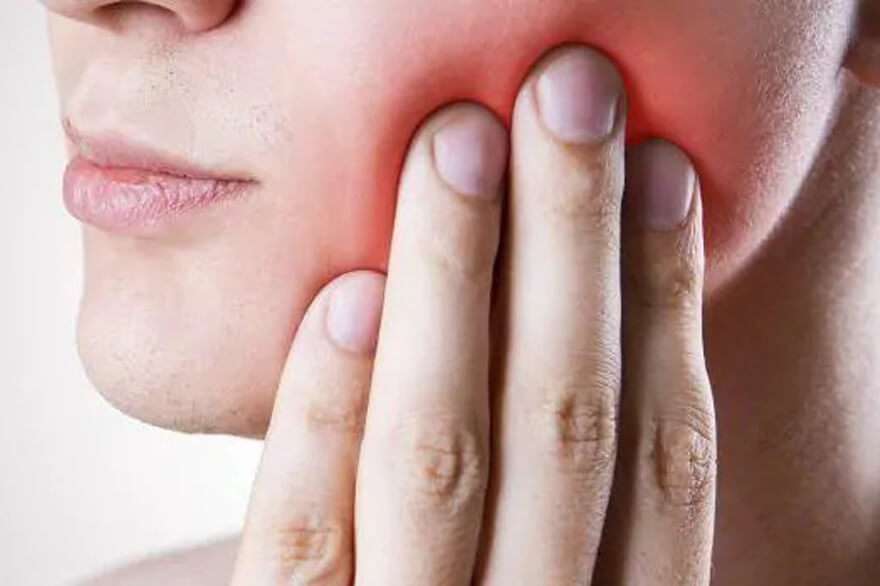
Facial Paralysis
Facial Paralysis
Loss of facial movement on one or both sides due to nerve damage is known as Facial paralysis. Facial muscles on one or both sides of the face may appear to droop or become weak.
What causes facial paralysis?
Although there are many different causes of facial paralysis, the most commonly known cause is Bell’s palsy, and prognosis and treatment vary greatly depending on the cause.
Bell’s palsy
Bell’s palsy is a neurological disorder that affects the seventh cranial nerve of the facial nerves and leaves the person unable to move one side of their face. It has a tendency to come on suddenly and worsen over several hours.
People in this condition, may not be able to move the muscles on one side of the face, and it might look smooth and expressionless. A person might not be able to close the eye on the affected side, in some cases.
Before the paralysis, the person may experience:
- a high temperature
- pain behind the ear
- stiffness or weakness on one side of the face
- stiffness in the neck
Doctors still do not know what causes Bell’s palsy. However, disorders of the immune system and viruses may be possible causes.
Some of the main causes of facial paralysis include:
Viral infections such as Ramsay Hunt syndrome or Bell’s palsy.
Surgical causes: for example, when operating on the parotid gland or during the removal of facial nerve tumor or acoustic neuroma.
Following a middle ear infection or bacterial causes such as Lyme disease.
Neurological conditions such as Guillain-Barré syndrome or Neurofibromatosis 2.
Trauma-related injuries such as fractures to the brain, skull or face.
Birth trauma: caused by forceps or facial presentation delivery.
Congenital conditions: such as abnormal development of muscle in the womb or the facial nerve.
Rare genetic syndromes such as CHARGE syndrome or Moebius syndrome.
Stroke: although a stroke can cause facial paralysis it is slightly different in which the problems are not caused by direct damage to the facial nerve. In this case, the paralysis is caused by brain damage and the messages not being transferred properly to the facial nerve.
Diagnosis
Doctors diagnosing the cause of facial paralysis will examine the person and ask questions about their medical history, lifestyle, and symptoms.
Other tests that they might perform include:
- Blood tests
- Imaging tests, such as an MRI
- Biopsies
When to see a doctor
Any person who experiences facial paralysis should seek immediate medical attention in case it is a sign of an underlying serious health condition.
A person having a stroke requires emergency medical attention. The sooner they are treated, the more likely they are to recover. If anyone suspects that someone is having a stroke can call Dr Aravind’s ENT and EYE Hospital, Suchitra.
Meet Our Doctors

Dr. Aravind Kumar Alwala
MBBS (Osm)., MSENT specialist, Chief Endoscopic Sinus Surgeon
Make an Appointment
Dr. Laxmi Priya Pallapolu
MBBS (Gold Medalist)., MS Ophthal (FICO)Consultant Ophthalmologist, Chief Phaco Surgeon
Make an Appointment
